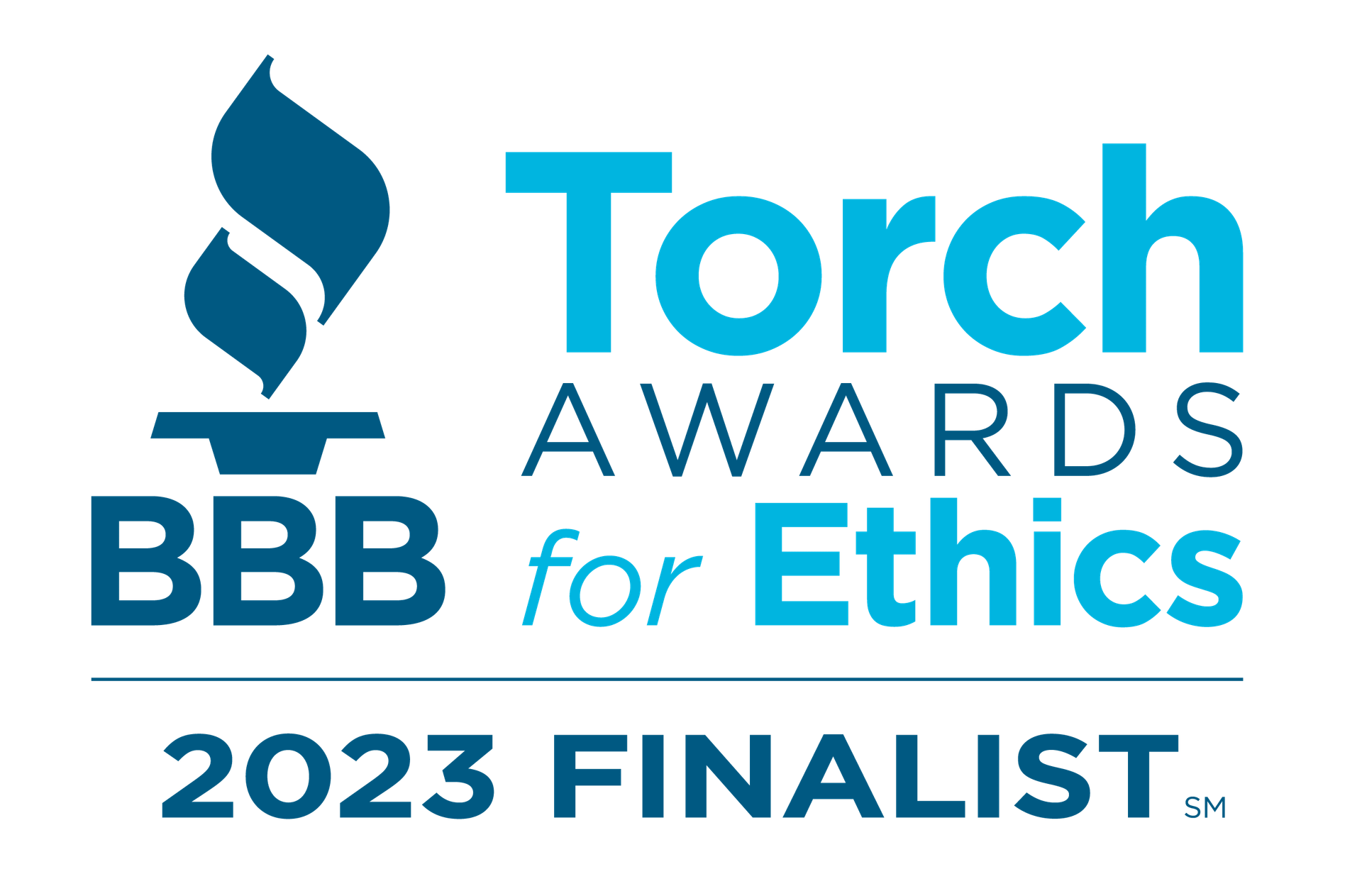Defense from IRS Audits & Reviews
The process that the IRS goes through to determine whether to audit a tax return is far from random. The IRS knows what to look for, and can spot a return that is prone to having mistakes in it, making you vulnerable.
Keep this in mind about your tax return: it is a map of your finances. And the IRS know the map quite well – after all, they created the map (tax forms). You are filling the map in.
Let’s get into the mind of the IRS. Here is a list of of five items that are red flags to an IRS audit:
1. Returns that are self-prepared. Our only evidence of this is what we see – our clients that are audited usually prepared their own tax return. We do not know if the IRS strategically and purposefully targets self-prepared returns, but it sure seems that way. And thinking about it, it makes sense. CPAs. attorneys, enrolled agents – professionals who are well-versed in the tax code and return preparation – may have less errors on a return.
2. Returns that are illogical. Remember that a tax return is a map of your finances and the IRS is the map reader. Here is an example: If your household income is $46,000 a year, but you deduct $18,000 in mortgage interest, $4,000 in real estate taxes and $2,000 in charitable contributions – a total of $24,000 in expenses – the IRS could likely wonder how these expenses are being paid. The income to debt ratio is too high.
Think about it. That $46,000 of income is pretax – you actually brought home, say, $36,000 after taxes and deductions (equal to $3,000/month). The expense deductions on the return for mortgage interest, real estate taxes and charity totals $2,000/month. That leaves $1,000 for food, clothing, utilities, car payments, medical expenses, gas, insurance…and possibly an IRS audit because that budget may appear unreasonable to the IRS. To an IRS auditor, something is illogical on the tax return – are you making more and not reporting it, or deducting expenses you did not pay? Now, there may be explanations, and they can be provided – but you could be on the IRS’s radar.
3. Schedule C losses. This can go hand-in-hand with the tax returns not being logical. If you are self-employed and show a loss on your tax return on Schedule C, questions can arise in the mind of the IRS: How are you funding the loss? How are you paying living expenses if you are losing money? Schedule C losses offset other income on a tax return, lowering taxes and creating what can often be a significant tax benefit. It makes the IRS curious.
4. Schedule C deductions. Yes, Schedule C’ makes the list twice. The IRS targets many expenses that small business owners tend to claim. Typical expenses that the IRS likes to scrutinize include auto/truck expenses, meals/entertainment and home office deductions.
Notice that these expenses all have the potential to be intermingled with a personal use – cars, meals, entertainment, your home. The IRS wants to make sure that business expenses, not personal, are being deducted. And the rules to prove these expenses with a personal flavor set fairly high standards of compliance.
Auto and truck expenses require maintaining a contemporaneous log book detailing the miles driven and business purpose for use of the car. Very few small business owners know this, much less have the time and energy to track every trip they make in the car. And for that reason, it is an audit hot spot.
Eating and entertaining for your business also requires proof that the expense was not personal – who did you meet, where did you go? – along with receipts verifying the expense.
A home office requires that no portion of the area being used is also used for personal reasons. In other words, your office at home should be like your office in an office building. If your home office is the dining room table, or in a room where a TV is used by the family, you may not qualify. Again, tough standards.
Labor paid to a subcontractor is also a hot spot. The IRS does not like cash transactions, and many contractors pay their labor that way. Cash expenses without a receipt from the laborer are difficult to verify, and make for IRS scrutiny.
Also, Schedule C audits are often accompanied by the IRS requesting all of your bank statements, adding up the deposits, and comparing it to the amount of income shown on your tax return. If your bank account deposits are greater than what you reported on your tax return, the IRS presumes you have unreported income. This can be defended and explained (nontaxable sources such as gifts and loan), but it makes the IRS wonder.
5. Large tax refunds. There is nothing wrong with a large tax refund, in fact many people prefer it. But, if other factors are present, the returns that we see being audited also have decent sized tax refunds (over $5,000). For example, a self-prepared return with a large refund can be presumed the IRS to be an attempted manipulation of the return to obtain the refund. These are sensitive cases that require careful defense as they can boarder on fraud.
There are solutions and ways to handle IRS audits. Returns lacking “financial reality” may need development of how bills where paid and how the business operates. Mileage and entertainment logs can be recreated from calendars, etc. to verify auto and business development expenses. Bank deposits in excess of income reported on the return can be explained away – for example, loans and other nontaxable sources of income. Most professionals recommend that you do not go into an audit alone – let someone with expertise handle the negotiations and meetings for you.
Keep this in mind about your tax return: it is a map of your finances. And the IRS know the map quite well – after all, they created the map (tax forms). You are filling the map in.
Let’s get into the mind of the IRS. Here is a list of of five items that are red flags to an IRS audit:
1. Returns that are self-prepared. Our only evidence of this is what we see – our clients that are audited usually prepared their own tax return. We do not know if the IRS strategically and purposefully targets self-prepared returns, but it sure seems that way. And thinking about it, it makes sense. CPAs. attorneys, enrolled agents – professionals who are well-versed in the tax code and return preparation – may have less errors on a return.
2. Returns that are illogical. Remember that a tax return is a map of your finances and the IRS is the map reader. Here is an example: If your household income is $46,000 a year, but you deduct $18,000 in mortgage interest, $4,000 in real estate taxes and $2,000 in charitable contributions – a total of $24,000 in expenses – the IRS could likely wonder how these expenses are being paid. The income to debt ratio is too high.
Think about it. That $46,000 of income is pretax – you actually brought home, say, $36,000 after taxes and deductions (equal to $3,000/month). The expense deductions on the return for mortgage interest, real estate taxes and charity totals $2,000/month. That leaves $1,000 for food, clothing, utilities, car payments, medical expenses, gas, insurance…and possibly an IRS audit because that budget may appear unreasonable to the IRS. To an IRS auditor, something is illogical on the tax return – are you making more and not reporting it, or deducting expenses you did not pay? Now, there may be explanations, and they can be provided – but you could be on the IRS’s radar.
3. Schedule C losses. This can go hand-in-hand with the tax returns not being logical. If you are self-employed and show a loss on your tax return on Schedule C, questions can arise in the mind of the IRS: How are you funding the loss? How are you paying living expenses if you are losing money? Schedule C losses offset other income on a tax return, lowering taxes and creating what can often be a significant tax benefit. It makes the IRS curious.
4. Schedule C deductions. Yes, Schedule C’ makes the list twice. The IRS targets many expenses that small business owners tend to claim. Typical expenses that the IRS likes to scrutinize include auto/truck expenses, meals/entertainment and home office deductions.
Notice that these expenses all have the potential to be intermingled with a personal use – cars, meals, entertainment, your home. The IRS wants to make sure that business expenses, not personal, are being deducted. And the rules to prove these expenses with a personal flavor set fairly high standards of compliance.
Auto and truck expenses require maintaining a contemporaneous log book detailing the miles driven and business purpose for use of the car. Very few small business owners know this, much less have the time and energy to track every trip they make in the car. And for that reason, it is an audit hot spot.
Eating and entertaining for your business also requires proof that the expense was not personal – who did you meet, where did you go? – along with receipts verifying the expense.
A home office requires that no portion of the area being used is also used for personal reasons. In other words, your office at home should be like your office in an office building. If your home office is the dining room table, or in a room where a TV is used by the family, you may not qualify. Again, tough standards.
Labor paid to a subcontractor is also a hot spot. The IRS does not like cash transactions, and many contractors pay their labor that way. Cash expenses without a receipt from the laborer are difficult to verify, and make for IRS scrutiny.
Also, Schedule C audits are often accompanied by the IRS requesting all of your bank statements, adding up the deposits, and comparing it to the amount of income shown on your tax return. If your bank account deposits are greater than what you reported on your tax return, the IRS presumes you have unreported income. This can be defended and explained (nontaxable sources such as gifts and loan), but it makes the IRS wonder.
5. Large tax refunds. There is nothing wrong with a large tax refund, in fact many people prefer it. But, if other factors are present, the returns that we see being audited also have decent sized tax refunds (over $5,000). For example, a self-prepared return with a large refund can be presumed the IRS to be an attempted manipulation of the return to obtain the refund. These are sensitive cases that require careful defense as they can boarder on fraud.
There are solutions and ways to handle IRS audits. Returns lacking “financial reality” may need development of how bills where paid and how the business operates. Mileage and entertainment logs can be recreated from calendars, etc. to verify auto and business development expenses. Bank deposits in excess of income reported on the return can be explained away – for example, loans and other nontaxable sources of income. Most professionals recommend that you do not go into an audit alone – let someone with expertise handle the negotiations and meetings for you.

